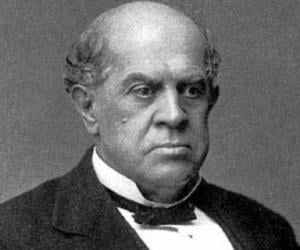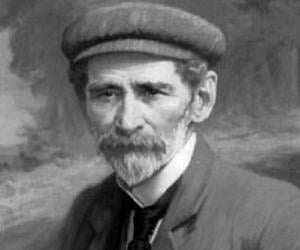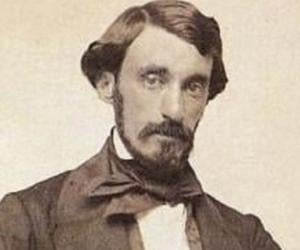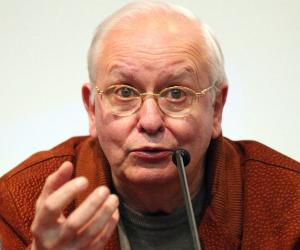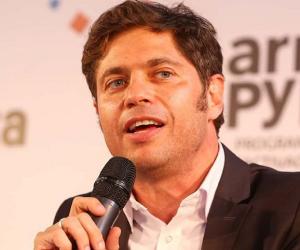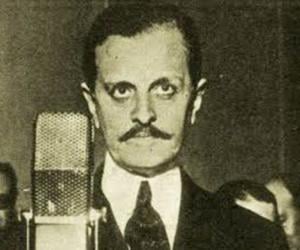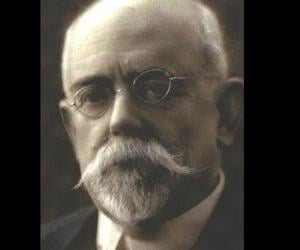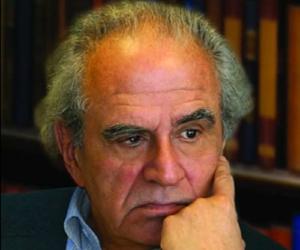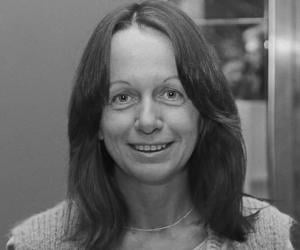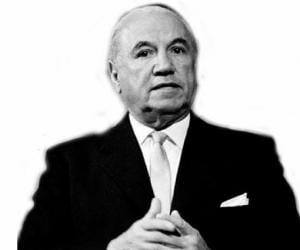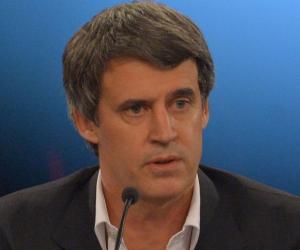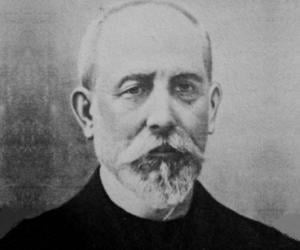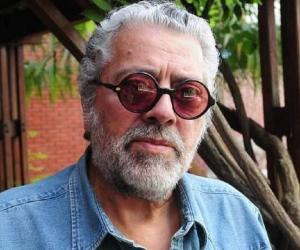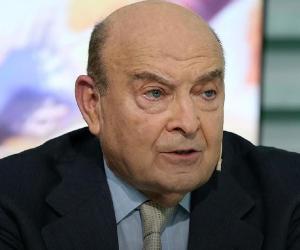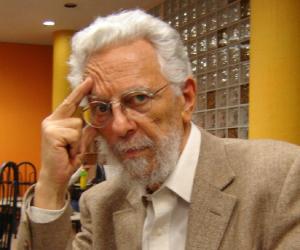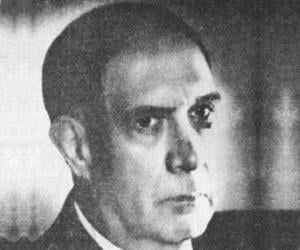1
Manuel Belgrano
(Argentine Public Servant, Economist, Politician and Journalist)
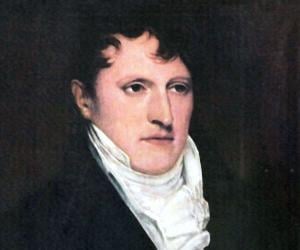
15
3
Birthdate: June 3, 1770
Sun Sign: Gemini
Birthplace: Buenos Aires, Argentina
Died: June 20, 1820
Manuel Belgrano was an Argentine public servant, economist, lawyer, politician, journalist, and military leader. He played a significant role in the Argentine Wars of Independence and is credited with designing the flag of Argentina. Belgrano advocated for greater autonomy from Spanish colonial rule and was involved in various military campaigns, including the ill-fated Paraguay campaign. He also participated in diplomatic missions to Europe to seek support for the revolutionary government. Belgrano's efforts culminated in the declaration of Argentine independence in 1816.

